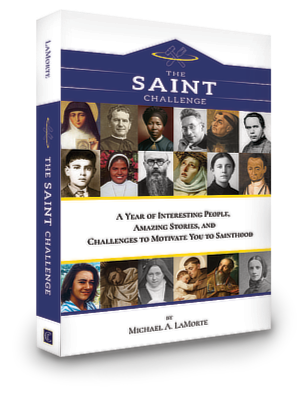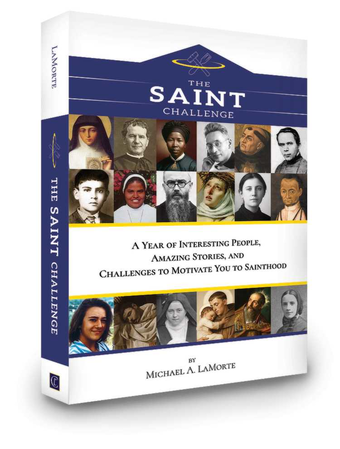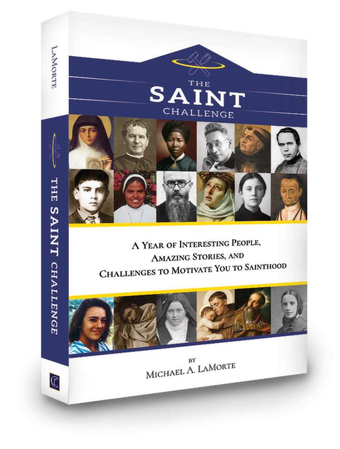Born in modern-day Algeria to a Christian mother and pagan father, St. Augustine abandoned his Christian upbringing by the time he was 15. He lived with a mistress, fathered an illegitimate child at 19, and led a wild life of sin and vice while he studied classic philosophers. He couldn’t stop his restless heart from seeking its maker, however, and he began studying the scriptures while his scholarly pursuits took him to Carthage, Rome, and then Milan. Thanks to the love and endless prayers by his mother, St. Monica, the tutelage of St. Ambrose, and a biography of St. Anthony of the Desert, Augustine reverted to Christanity. He became a priest then a bishop, and his theological works—including his Confessions and The City of God—earned him the title Doctor of the Church.
CHALLENGE
St. Augustine’s legacy in theology and philosophy is one of the most renowned in all of Christianity, and it is the result of his desire to do everything he did to the best of his ability. This is the practice of the virtue of magnanimity, and St. Augustine gives us our challenge today: “I will suggest a means whereby you can praise God all day long, if you wish. Whatever you do, do it well, and you have praised God.”
















